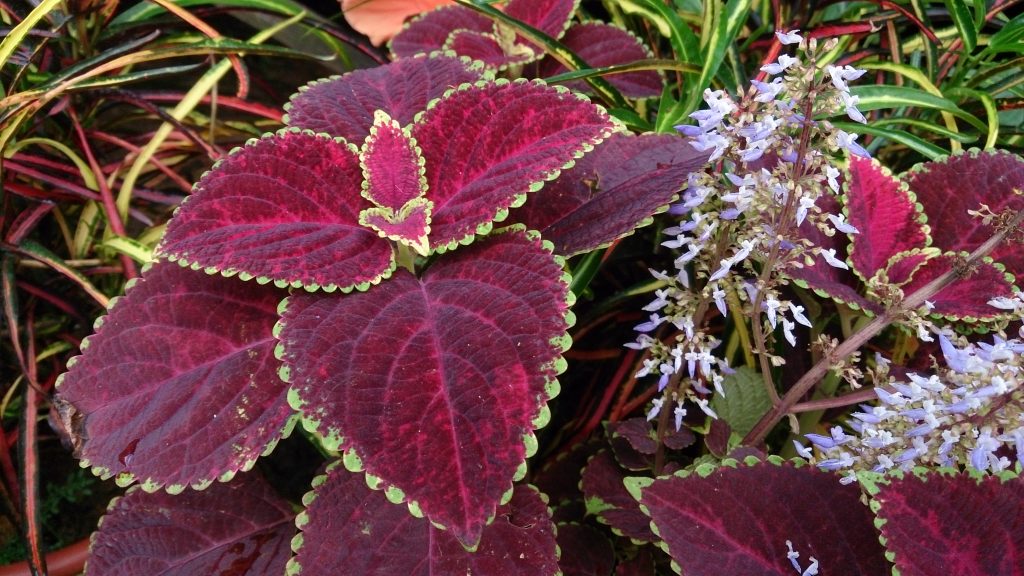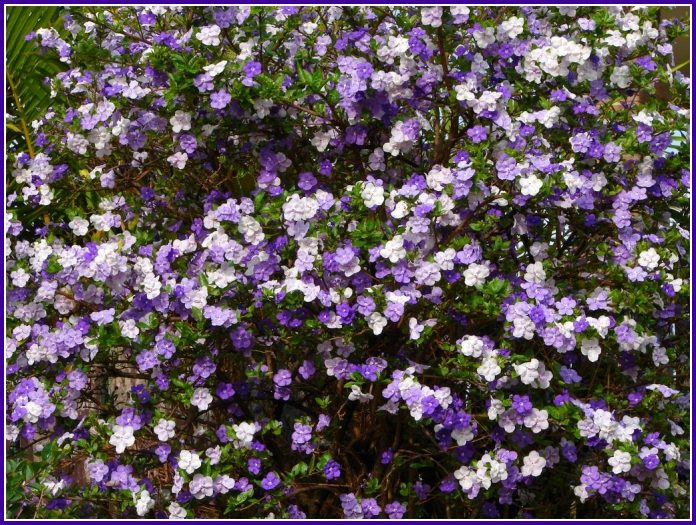Typhoon “Paeng” (international name: Nalgae) battered the southern islands of the Philippines, including my home province of Albay, last week, on October 29. Although prayers are offered repeatedly and we say, “Your Will Lord, not ours,” we can’t help but feel downhearted thinking of the economic consequences of the destruction.
We haven’t even completely cleaned up the debris caused by “Karding” (Noru) that hit on September 22), and still unable to repair the damages from typhoon “Ulysses” (Vamco, Nov 8, 2020). In short, we haven’t been able to make the farm productive enough to sustain the families living there because of the typhoons.
“Paeng” caught me in the city where I had to attend to a speaking engagement. But now, listening to the news of a possible tropical depression, “Queenie,” as we traveled back to the farm from the city, our thoughts centered on the typhoons that passed our farm.
When we arrived at the farm, a relative met us with the sad news that all her proposals were disapproved and her applications for a job online were rejected. Her tutees, also afflicted with economic woes, stopped the lessons for the time being. In short, she didn’t have any source of income for the moment.
It felt like being surrounded by bad and sad news. Asking how the charcoal making business was coming along, she responded that the intermittent rains have made it impossible to proceed.
But I stopped in my tracks. I already knew the rains would affect the work in the farm, so why was I asking and expecting a different answer?
Feeling the weight of my backpack where food supplies were sent by my children in the city for the families in the farm, I remembered my granddaughter’s favorite cookies and fresh milk in my bag. I smiled and thanked the Lord for generous hearts.
So why was I feeling low? Did I seek the negative news over the happy ones? Was I dwelling on depressing news, preventing the good and happy news from surfacing?
There will always be negative and unwelcome news. Some make us shed tears, like the sight of the roof of our chapel mangled like sheets of paper from another typhoon and the Ilang-ilang trees uprooted by Vamco. Still other natural disasters bring about frustration at not being able to help or do anything: the clothes that should have been given to the victims of the floods were wet from the roof leaks and developed mildew.
Tears dropped when we passed a farmer, looking helplessly at the rice fields submerged in water. The heart can bear only so much sadness, when too full, tears fall.

Arriving at the farm, the first urge is to go around the house to look at the garden. Though still badly in need of weeding, since I was gone for a month, I saw that the “mayanas” have recovered. Called painted nettle, or Coleus blumei Benth, a natural analgesic, we use it to cure headache. With antimicrobial and anti-inflammatory properties, “mayanas” are precious to us. A few weeks ago, I thought they would wither and die. They were leggy and thin with small leaves and were almost overcome by too much water from the rains. But now they looked robust with big, deep maroon and green leaves, this time overcoming the vines and weeds.
Moving closer, beside the “mayanas,” underneath some growth peeped signs of blue, the “forget-me-nots” were starting to flower again! I have this deep affection for “forget-me-nots” because my husband would find joy just by gazing at them from the bedroom window when he was too sick to walk. They were obviously struggling not to be strangled by the vines around them. Here and there, the blue flowers peeped seeking the sun. A few minutes of pulling the weeds out, they were able to breathe.
Then to my tremendous delight, the “brunfelsia latifolia,” commonly known as “yesterday, today and tomorrow,” have started flowering. Named so because the flowers turned from white to pink to violet as they matured, it took me five years to wait for the plants to flower. At night, the flowers emit a sweet scent, filling the bedroom around where they are planted. The added bonus is that these new plants, unlike the mother plant, have fruits. This means that it will be easier to propagate. The joy can be appreciated if one knew that out of the more than 70 seeds given by my cousin, only 10 survived. I recalled Oscar Wilde’s “A flower blossoms for its own joy.” The “brunfelsia” has been flowering for a few weeks now while I was away.

The garden reconnoiter done, I sat down to look at the messages in my phone. My granddaughter, now a medical resident, did well in her presentation called “audit.” She prepared for weeks with her mother adding support to her exhausted daughter. Another message said she also did well in a test. Another grandson, posted his new arrangement of a commissioned cover (guitar finger style) for which he will get paid with much needed laboratory supplies. Now in his fourth year in his dentristry course, the supplies are getting more expensive. Then I see my granddaughter posing in a beautiful costume as “Raven” (an avenger) for a school activity. The caption reads: “Hand sewn by Mommy.” This mother, deluged with online orders of her baked products, found time to create a costume for her child.
Without noticing it, my sullen mood was slowly changing.
Seeing that without my help, the plants would survive, the flowers would bloom, and fragrance would fill the air, in spite of the weeds and the broken branches. I simply had to go and seek them out to find that the blessings are there.
It was not simply that my daughter or the grandchildren were able to accomplish anything but the effort to do what they could emanating from a deeper motivation we can only call deep caring that brings out our joy.
Looking closely reveals the hidden joy behind what they did. The mother who was able to set aside her own work to devote her time to her child, the son who uses his God given talent and exerts effort to spare his father from additional school expenses, the mother offering to relieve an exhausted adult child of the work-related tension, were the hidden treasures we found, and the joy came from the knowledge that these are hearts that love.
This is not to say that these families have no difficulties. It is precisely because there are difficulties that the joys are hidden. We simply have to look and when we find it, we recognize the joy because it is like an undercurrent of elation after elation that slowly calibrates our innermost world from sad to joyful.
We simply have to look.
Edita Burgos is a doctor of education and a member of the Secular Order of Discalced Carmelites.









